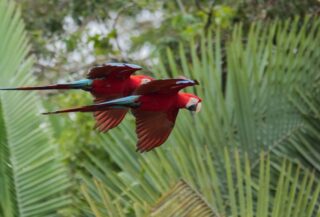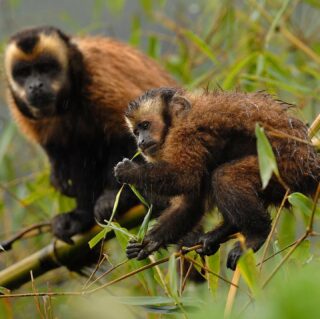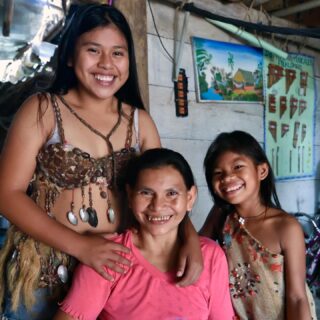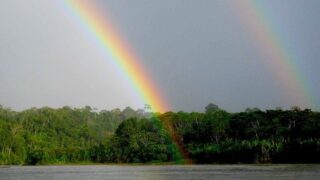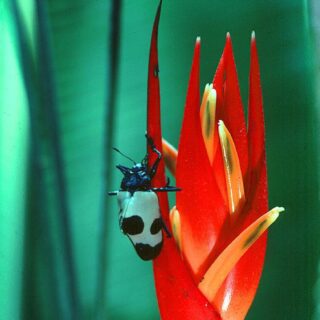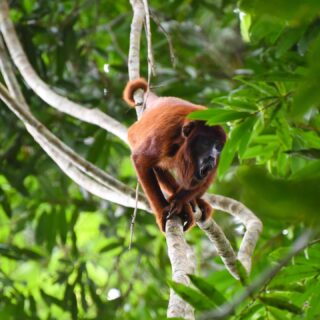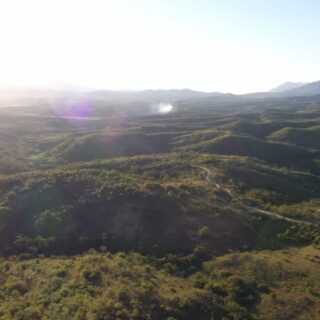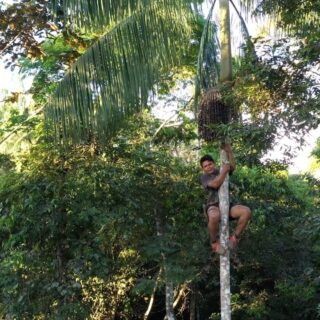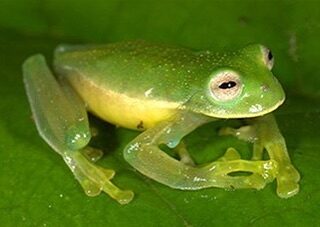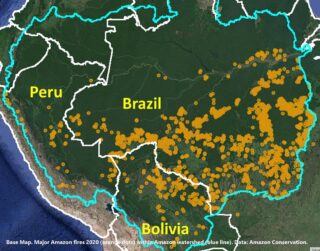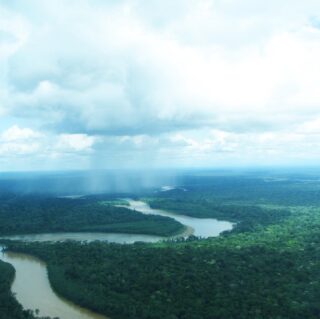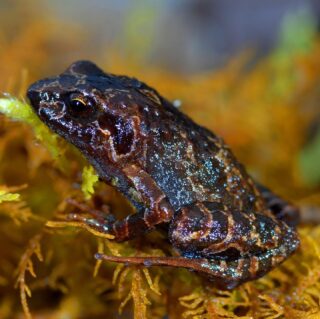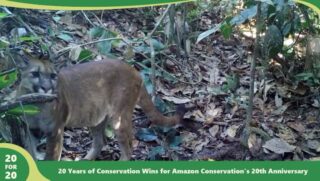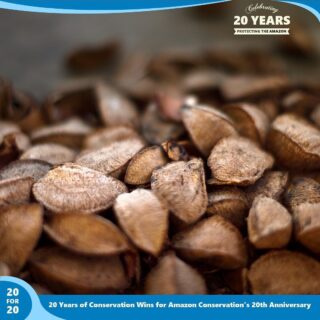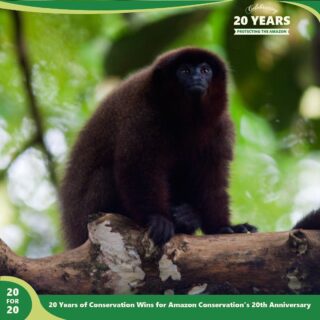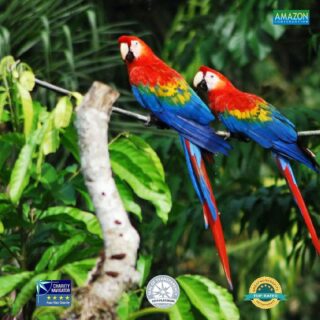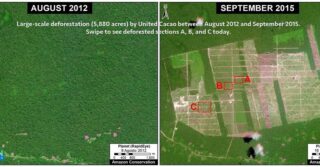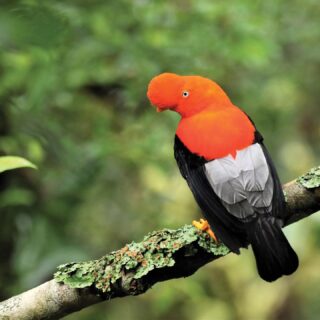The Norwegian Government Funds REDD and Poverty Alleviation Project in Peru
November 22, 2009
 REDD—Reducing Emissions from Deforestation & Forest Degradation—is a powerful new mechanism for mitigating climate change by compensating tropical countries for their reductions of greenhouse gas emissions from deforestation. ACA has designed a REDD project that will alleviate poverty through the creation of training and employment opportunities for local and indigenous communities in Cusco’s highlands and cloud forest zones. In June 2009, ACA received a nearly $500,000 grant from Norway’s international development agency (Norad) to fund the first year of the project.
REDD—Reducing Emissions from Deforestation & Forest Degradation—is a powerful new mechanism for mitigating climate change by compensating tropical countries for their reductions of greenhouse gas emissions from deforestation. ACA has designed a REDD project that will alleviate poverty through the creation of training and employment opportunities for local and indigenous communities in Cusco’s highlands and cloud forest zones. In June 2009, ACA received a nearly $500,000 grant from Norway’s international development agency (Norad) to fund the first year of the project.
Deforestation and forest fires are a major concern for the department of Cusco, where world-renowned Manu National Park has already lost over 44,000 acres to fires caused by humans. This enormous loss is in part due to about 4,000 head of cattle in the highland areas of the park, where cattle owners burn grasslands to provide young grasses for the cattle. Additionally, in the buffer zone around the park, many communities lack access to cooking fuel and electricity, and instead cut down their forests for firewood.
The heart of the project lies in helping these buffer communities to minimize the use of fire to clear pasture for their cattle and firewood and to create financial and market incentives for them to conserve native forests. A central initiative is to reforest  degraded lands with green firebreaks that are enriched with profitable Andean plant species. Already, ACA has developed fire prevention workshops in partnership with Manu National Park and begun hosting them in local communities.
degraded lands with green firebreaks that are enriched with profitable Andean plant species. Already, ACA has developed fire prevention workshops in partnership with Manu National Park and begun hosting them in local communities.
As part of this grant project, ACA will hold a REDD conference in Cusco on December 3 and 4, 2009. The conference will introduce the concept of REDD to regional government officials, indigenous representatives from the Queros Wachiperi community, and district leaders from the buffer zone of Manu National Park.
Other project activities include firefighting training with Manu National Park guards, construction of plant nurseries, design of pilot REDD projects with communities, and technical support for designing REDD policies in Peru. ACA is also conducting outreach in the United States to policymakers and development funders about the REDD approach in high-forest, low-deforestation countries, such as Peru and Bolivia.
Over the course of the next five years, ACA intends to demonstrate that helping communities build a portfolio of conservation-based industries and connecting them with international and local markets will reduce deforestation pressure on the Andean cloud forest. The project also includes a strong scientific component, extending research already underway on fire frequency,  forest degradation, and greenhouse gas emissions in the Andes. These studies will provide communities with information they need to make good decisions about resource management.
forest degradation, and greenhouse gas emissions in the Andes. These studies will provide communities with information they need to make good decisions about resource management.
The project is designed as a scalable REDD mechanism that is replicable in other tropical mountain regions and that incorporates strategies to strengthen REDD programs worldwide. Human-caused fire in the tropical Andes is emitting large amounts of CO2, degrading ecosystems, destroying biodiversity, and threatening human livelihoods. Our project can reduce the frequency of fires at the same time it alleviates poverty and conserves healthy watersheds. If you’re interested in learning more, please see our fact sheet (PDF). ACA is currently seeking interested partners and donors for this project. (Photos above by Megan MacDowell and Carmen Giusti.)

